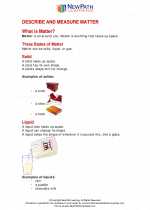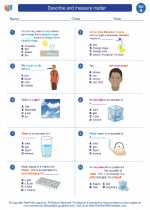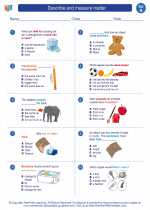Immune Response
The immune response is the body's way of protecting itself from harmful substances such as pathogens, such as bacteria, viruses, and other foreign invaders. The immune system recognizes and responds to these substances to defend the body against infection and disease.
Types of Immune Response
There are two main types of immune responses: innate immunity and adaptive immunity.
Innate Immunity
Innate immunity is the body's first line of defense against pathogens. It includes physical barriers such as the skin and mucous membranes, as well as specialized cells that can quickly recognize and respond to pathogens.
Adaptive Immunity
Adaptive immunity is a more specific and targeted response to pathogens. It involves the activation of immune cells such as T and B lymphocytes, which can recognize specific antigens on pathogens and mount a tailored response to eliminate them.
Key Components of the Immune Response
The immune response involves several key components, including:
- Antigens: Substances that are recognized by the immune system as foreign and elicit an immune response.
- Immune Cells: White blood cells, such as T cells, B cells, and phagocytes, which play a critical role in recognizing and eliminating pathogens.
- Antibodies: Proteins produced by B cells that specifically bind to antigens and mark them for destruction by other immune cells.
- Cytokines: Signaling molecules that help regulate and coordinate the immune response.
- Memory Cells: Specialized immune cells that "remember" previous encounters with pathogens, providing long-term immunity.
Study Guide
Here are some key concepts to focus on when studying the immune response:
- Understanding the difference between innate and adaptive immunity.
- Identifying the main types of immune cells and their functions.
- Explaining the process of antigen recognition and antibody production.
- Describing the role of cytokines in immune regulation.
- Discussing the concept of immunological memory and its importance in long-term immunity.
Additionally, it's important to be familiar with common pathogens and the specific immune responses that are triggered when the body encounters them.
By mastering these concepts, you'll have a solid understanding of the immune response and how the body defends itself against infections.
.◂Science Worksheets and Study Guides First Grade. Describe and measure matter

 Worksheet/Answer key
Worksheet/Answer key
 Worksheet/Answer key
Worksheet/Answer key
 Worksheet/Answer key
Worksheet/Answer key
 Vocabulary/Answer key
Vocabulary/Answer key
 Vocabulary/Answer key
Vocabulary/Answer key
